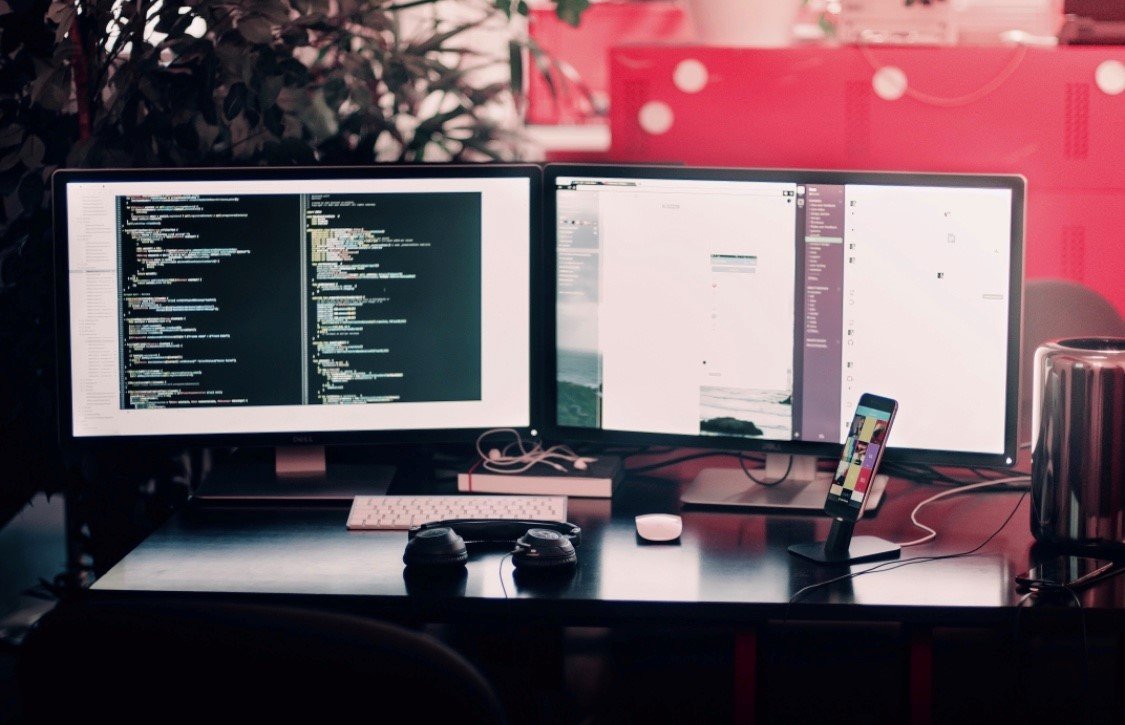
It’s almost a given now for organizations to bar their employees from accessing social media sites through the enterprise network. It makes sense since social media can be such a distraction. Nevertheless, it’s important for companies to sensitize their employees on the safe use of social media. For two reasons.
First, the organization itself will likely have a presence on Facebook, Twitter and LinkedIn. There must be guidelines for employees who will be managing those accounts on the institution’s behalf.
Second, even if employees only access their personal social media accounts when they are away from the office, the things they say and do there could impact not just their own safety but that of their work colleagues too.
The following tips are useful in ensuring the safe use of social media by employees.
-
Pay Attention to Privacy Settings
Just like a website’s terms and conditions, default privacy settings are one of those things that most people will simply accept without paying much attention to. Yet, thanks to relentless consumer advocacy and privacy regulation, social networking sites have had to give much more power to users in determining the type and amount of information they want to share.
Ergo, your first port of call as a new social media user is the privacy and security options. This controls who can read your posts or access your personal details. For instance, Facebook allows you to restrict who can see your updates, photos, friends, birthdate and more. Facebook also has an activity log that could be extracted and uploaded for log management with Loggly in order to monitor any noticeable problems with your privacy settings.
-
Say No to Oversharing
Social media has made it possible for us to connect with friends and family who live far from us. Each user has the power to share their life and thoughts with the world. Nevertheless, such power also introduces serious risks. It is therefore important that users exercise great caution on what information they divulge.
Do you for example really need to share your place of work, home address, phone number, mother’s maiden name, your dog’s name or even your birthday? The risk outweighs any benefit. Criminals, especially those looking to use social engineering tactics, will scour the social media profiles of people who work in an organization they’d like to target.
Burglars may also keep tabs on who is on vacation so they know when is the best time to break into their home.
-
There’s No Prize for Most Friends or Followers
Unless you’ve created a social media account specifically for business (in which case it shouldn’t be the same as your personal account), a high number of friends or followers shouldn’t be something you look forward to. It is even possible to buy twitch followers since you are under no obligation to accept every friend request. Reduce your risk of interacting with ill-intentioned persons by carefully vetting every request you receive. Do not accept a request from people you do not know in real life.
Look out for fake accounts. Criminals know that you are unlikely to trust an account you don’t know. They may scroll through your friend list and create an account with a familiar name. They could also use the names of well-known public figures, celebrities and opinion leaders that they know you would be excited to connect with.
-
Don’t Login with Your Social Media Account on Third Party Sites
The single sign-on pandemic is with us. Recognizing that most people are tired of having multiple usernames and passwords for different websites, many sites have partnered with social media networks so users can sign in using their social media account. On the face of it, this sounds quite convenient. But danger lurks.
Whenever you use your social media account to sign on to a third party site, the social network shares some profile information with the third party site. This may include your email address, date of birth, employment details and personal photos.
Over time, your data will be in the hands of dozens of sites. It only takes one of these sites to be hacked for someone to get this personal information. In addition, if your own social media account is hacked, the hacker will have access to every website you have linked your account to. They could impersonate you to their advantage.
Following these safety tips can ensure social networking use remains positive and productive for both employee and employer.
This is an article provided by our partners’ network. It might not necessarily reflect the views or opinions of our editorial team and management.
Contributed content

Founder Dinis Guarda
IntelligentHQ Your New Business Network.
IntelligentHQ is a Business network and an expert source for finance, capital markets and intelligence for thousands of global business professionals, startups, and companies.
We exist at the point of intersection between technology, social media, finance and innovation.
IntelligentHQ leverages innovation and scale of social digital technology, analytics, news, and distribution to create an unparalleled, full digital medium and social business networks spectrum.
IntelligentHQ is working hard, to become a trusted, and indispensable source of business news and analytics, within financial services and its associated supply chains and ecosystems












